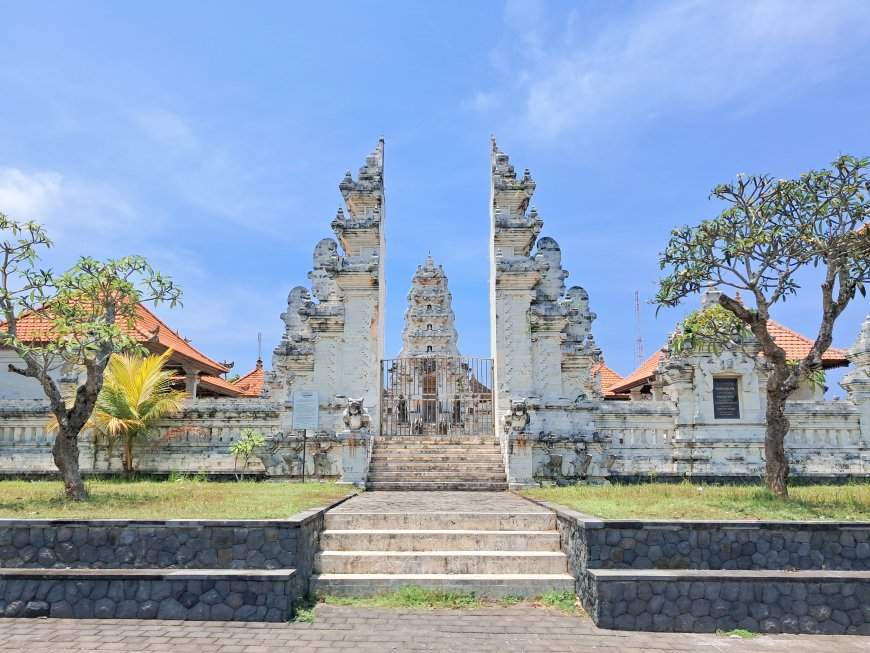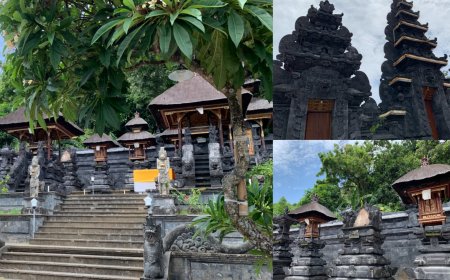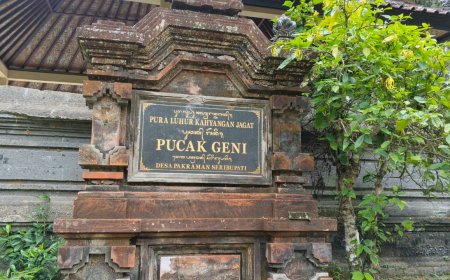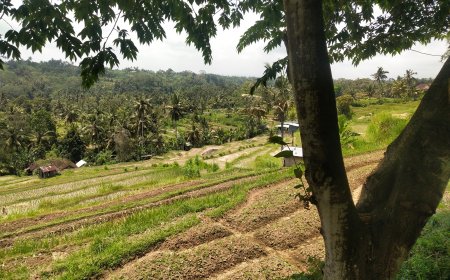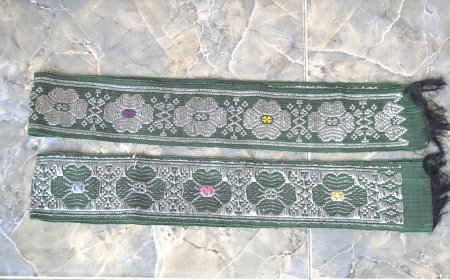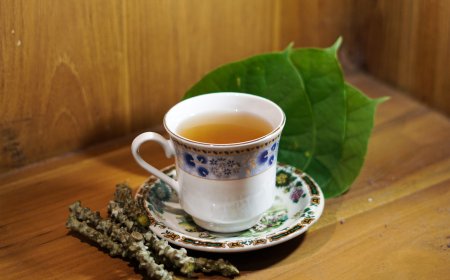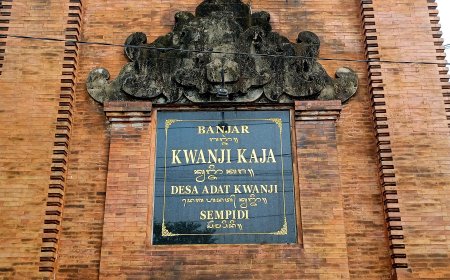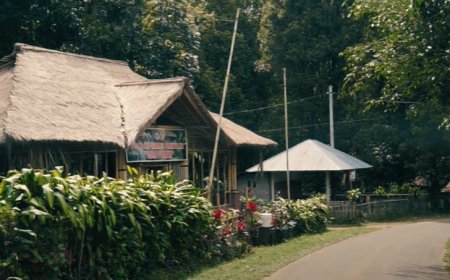The Origin of the Name Kutuh
The name "Kutuh" carries deep meaning and is closely tied to the natural conditions that characterize the village. In the local language, "Kutuh" refers to an area filled with plants, especially large trees that thrive in the region. These large trees symbolize the fertility of the land, which has supported the livelihood of the community for generations. The area now known as Kutuh Village was once fertile land with abundant vegetation, making it an attractive place for early settlers. The name "Kutuh" arose from the strong impression of the dense plant life that covered the area, highlighting the importance of nature in the lives of its people since ancient times.
During the Dutch colonial period in Indonesia, Kutuh Village became a "Perbekelan" or a village government led by a Perbekel (village head). However, after the defeat of the Dutch and the collapse of colonial rule, in 1941 Kutuh Village merged with Ungasan Village under a unified government. This joint administration continued until 2002, when Kutuh regained its status as an independent village with its own identity and traditional governance.
The Legend of Ni Rangdu Kuning
In 1682, the Kingdom of Badung was established under the rule of Ida Cokorda III, also known by his title Kyai Anglurah Pemecutan III. One day, the king embarked on a journey through a forest located in the southern foothills of Bali. This forest was known for its sacredness, beauty, and calming atmosphere. During his journey, he unexpectedly encountered a beautiful woman named Ni Rangdu Kuning, whose beauty could captivate anyone who saw her.
The king fell in love with Ni Rangdu Kuning, and they eventually married. From their union, a son was born, named I Gusti Ngurah Ungasan. However, at some point, the king left Ni Rangdu Kuning and returned to Puri Pemecutan, never to come back. Left behind, Ni Rangdu Kuning raised her son alone.
As the king did not return, Ni Rangdu Kuning decided to journey eastward. They arrived in an unfamiliar area, but one with many large trees known as Kutuh Trees. These two large trees still stand today as historical evidence. Due to the abundance of Kutuh trees in the region, Ni Rangdu Kuning named the area Kutuh, a name which was later adopted by the local community as the village’s official name. Since then, the place has been known as Kutuh Village or Desa Adat Kutuh.
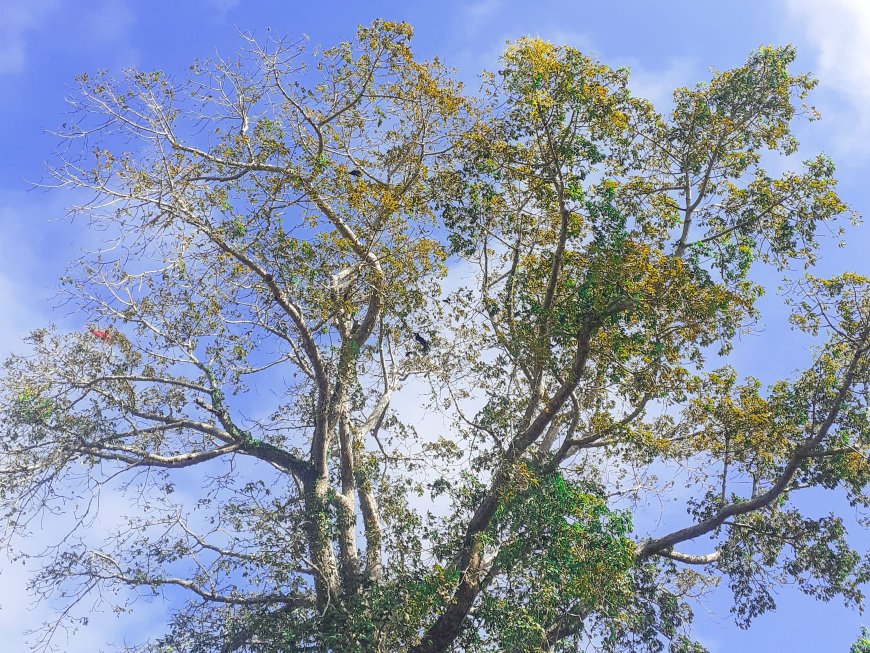
The Kutuh Tree Located in Kutuh Village (Source: Personal Collection)
The Kutuh Tree: A Symbol of Life for the People of Kutuh Village
The Kutuh Tree is a vital element in the history and culture of Kutuh Village. It is not merely seen as an ordinary plant but carries deep symbolic meaning for the local community. The tree serves as a territorial marker and represents fertility and protection. In Balinese tradition, large trees like the Kutuh Tree are often regarded as sacred and are believed to have a close connection with ancestral spirits or deities that protect the village.
The presence of the Kutuh Tree also symbolizes the balance between humans and nature. In Balinese tradition, caring for the environment is closely tied to religious ceremonies and respect for ancestors. For this reason, the people of Kutuh Village take great care in preserving the Kutuh Tree as part of their ancestral heritage. Traditional ceremonies in the village often involve offerings around the tree, as a form of respect to the natural forces believed to provide prosperity for the entire village.
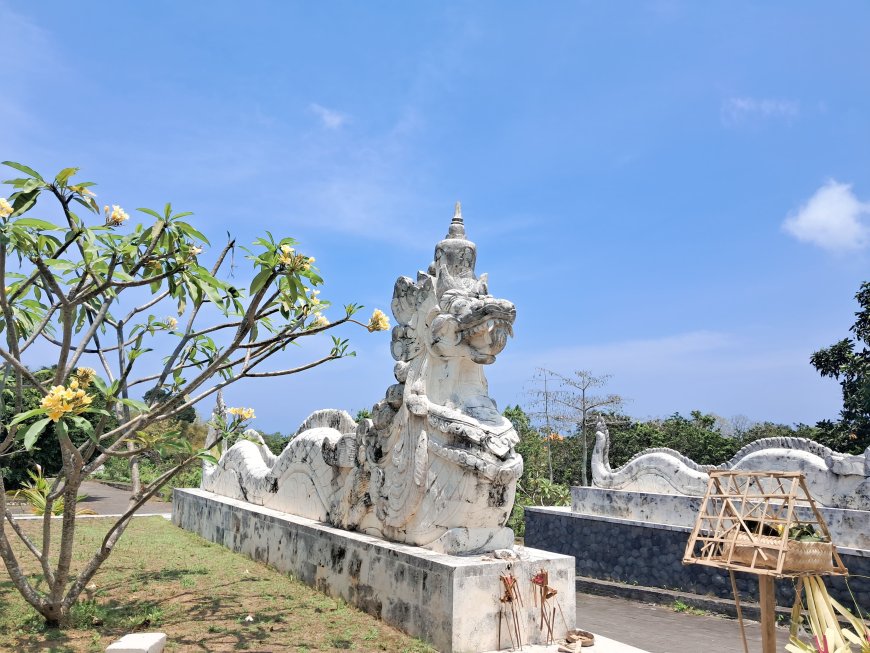
The Dragon Statue in Kutuh Village (Source: Personal Collection)
Kutuh Village Today
Today, Kutuh Village has evolved into one of Bali’s top tourist destinations, thanks in large part to the international appeal of Pandawa Beach. Additionally, the village is home to Gunung Payung Beach, which is just as stunning as Pandawa Beach. Beyond its breathtaking coastlines, Kutuh Village is also known for its rich cultural heritage and environmental sustainability. The villagers continue to uphold their ancestral traditions and the values of Balinese customs, while also adapting to modern developments through tourism. Kutuh serves as a prime example of how local communities can maintain a balance between preserving nature, culture, and fostering economic growth.
